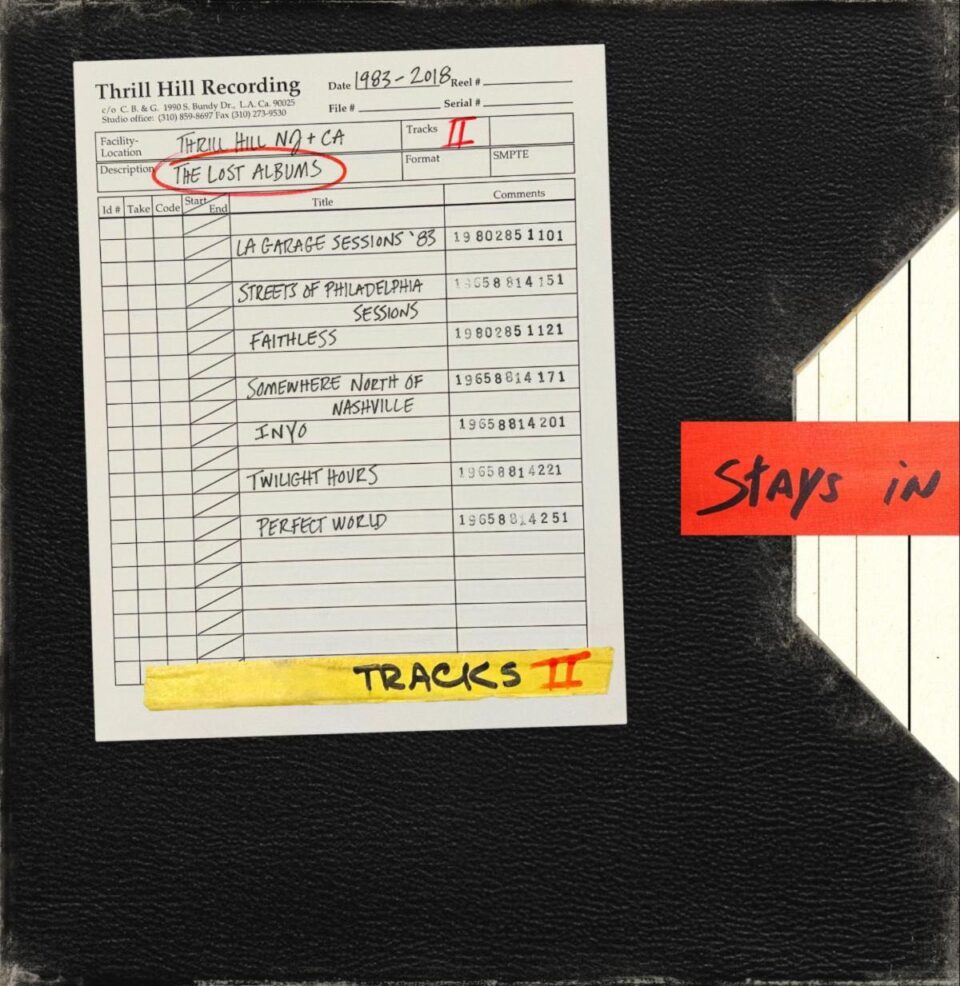FOUNDED: 2011, with the release of his debut EP
FROM: London, though until recently he was based in Paris
YOU MIGHT KNOW HIM FROM: The otherworldly soundscapes of his two EPs, Increases I and Increases II
NOW: Putting together a live band capable of recreating the menagerie of sound on his debut LP, Company
It’s been several weeks since Slime—that is, producer and multi-instrumentalist Will Archer—returned from his temporary home in Paris. He’s couch surfing and hunting for flats in London during a tube strike, and he’s frustrated and tired. He can’t fully settle, get comfortable, or do what he so badly wants to do—work on his music.
Paris wasn’t productive. He moved there because he could, to try it out. But instead of spurring creativity, it spurred isolation. And not the good kind that Archer likes, the kind that causes creativity to grow like moss in dark places. Paris knew he was a stranger in a strange land. And that he spoke crap French.
Now that he’s back in London, he needs to get to work, and to do that, he needs to be alone—preferably in the wee hours, while the rest of the world sleeps. “Even if I’m completely alone, it’s a sense of people…even if you can’t see them, you know they’re running around. It’s more peaceful when they’re not,” Archer says. “I don’t like to stay with people. It’s always much better when you’re alone.”
His debut album, the ironically named Company, is all about solitude. Will recorded all four-hundred tracks (eventually winnowing them down to ten) on the same microphone in the same little room, playing all the instruments himself, creating something cinematic and textural that’s best listened to in your own sensory deprivation chamber, earphones clamped on ears, eyes closed. It’s a soundtrack that could accompany a deserted winter day spent at the shore, with the horizon a flat grey streak and the sand soft as snow.
It’s also chameleonic, changing with each listen, revealing little sonic Easter eggs—Archer’s “found sounds.” A clap here: echoes from the Greenwich Foot Tunnel that runs beneath the River Thames. A creak there: from a squeaky chair, upon which he sat while making the entire record in that small room.
When he talks about Company, one gets the sense that Archer feels distanced from the record, which was mostly completed before he left for Paris. It’s the story of another time and place for him, but he’ll have to reconnect with it again soon; live shows are coming this fall, and with them, promises of woodwinds and guitars and strings. Archer has only performed as Slime a handful of times, and he’s not entirely comfortable with the burden: “When you’re leading a group, it’s like…ultimate judgment,” he says. “I’d like it if someone were to see the show, if they were to draw the line between the recorded album as one piece of art and the performance as a different piece of art. They’re two entirely different things.”
Archer often refers to his music as “art” in the most unpretentious way. His inspiration is constantly changing. Lately he’s been listening to soundtracks: the score Vivian Kubrick wrote for Full Metal Jacket under the name Abigail Mead, Antonio Sanchez’s Birdman. His creative process is nebulous. He always starts with something percussive—as he puts it, something “that catches your attention, and then drifting harmonies that you can’t guess where they’re going. It teases you.” Referring to his music as art seems to allow him freedom and the ability to shapeshift. It’s about interpretation over explanation.
Right now, back in England, it’s daytime, and people are running around outside making noise. Will Archer sits in someone else’s home, on someone else’s furniture, looking for his own place. He’ll find it, if he hasn’t already. FL









